- Home
- Paul Whybrow
Nature's Ways
Nature's Ways Read online
Nature's Ways
12 Poems about Nature
Paul Whybrow
Copyright 2014 Paul Whybrow
Published by Paul Whybrow
(Originally written and published under the pen-name
Augustus Devilheart)
Cover Art: John4352 at FreeDigitalPhotos
Nature's Ways
12 Poems about Nature
License Notes
This ebook is licensed for your personal enjoyment only. This ebook may not be re-sold
or given away to other people. If you would like to share this book with another person,
please purchase an additional copy for each recipient. If you’re reading this book and did
not purchase it, or it was not purchased for your use only, then please return it and
purchase your own copy. Thank you for respecting the hard work
of this author.
Nature's Ways
12 Poems about Nature
Disclaimer
This book is a work of fiction. While some of the place names are real, characters are the product of the author’s imagination and are used fictitiously. Any resemblance to persons living or dead is purely coincidental.
Nature's Ways
12 Poems about Nature
'I would rather live in a world where my life is surrounded
by mystery than live in a world so small that my mind
could comprehend it.'
Harry Emerson Fosdick
Contents
The Poems
A Cluster of Wrens
Women and Cats
Book Dots
Talon & Beak
In The Graveyard At Dawn
Tampa Town Bear
Perch Is Good
The Old Skylark
The Old Road
Onion Skins
Kissing Gate
Hold On
The End
About The Author
Also by Paul Whybrow
Novellas
Short Stories
Song Lyrics
Poetry
Novels
Connect with the author
Nature's Ways
12 Poems about Nature
Paul Whybrow
A Cluster of Wrens
Troglodytes,Troglodytes,Troglodytes.
A forager of the gloaming,
cascades crisp crescendos
through chinks of brightness.
A whirr of pure energy,
pert and purposeful,
whoever coined you
knew your true worth.
Thimble fledglings hum
dew off tiny leaves.
Mother Jenny scolds,
stilletoing flies.
Stubbed tail,
hen-brown barred,
a frenzy of wings,
a heart that thrums.
Summer-cupped
in a wool-lined nest.
Winter nights ensconced,
a box-ball of wrens.
Women and Cats
All cats are grey by night.
Some women prowl.
Some cats walk by themselves.
All women have claws.
All cats screech at the moon.
Some women howl and moan.
Some cats purr and drool.
All women are planets.
All cats have servants.
Some women have slaves.
Some cats hunt wildly.
All women forage alone.
All cats love dusk.
Some women glow.
Some cats taste fear.
All women know mystery.
All cats are gods.
Some women are lonely.
Some cats are loyal.
All women are tidal.
Book-Dots
An avowed bookworm,
nose long-buried between pages,
I've sometimes spied little creatures
scooting across the paper.
Tiny insects seeking their next fix
of paper-pulp, binding-glue or leather.
It's said the odour of decaying books
is both toxic and an aphrodisiac.
Surely no surprise to book-lovers,
for who can resist the heady mustiness of
a used book-store or library reserve store?
If this scent were bottled, some would wear it.
Bibliophile insects are all well and good,
but cockroaches eat anything, including paper.
So it shouldn't have been a surprise that
they infiltrated the boxes of books
stored in the basement of the library
where I processed stock for a new branch.
Sitting at night, cataloguing books,
it was eerie to hear thousands of roaches
sifting their way through volumes nearby.
A sussuration of legs and carapaces
staining paper with stinking brown juice.
Half of the books had to be scrapped.
A happier insect book-dweller
I named the 'book-dots'.
Tiny domes of black shellac,
the size of a full-stop,
they shared my reading
in a Cornish cottage.
So miniature and sociable
I wondered at their existence,
as they glided between the safe
mildew haven of a paperback
and pooled sunlight on sill slate
I envied their freedom.

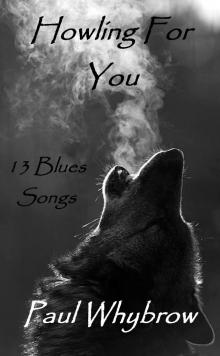 Howling For You - 13 Blues Songs
Howling For You - 13 Blues Songs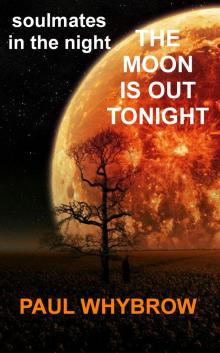 The Moon Is Out Tonight
The Moon Is Out Tonight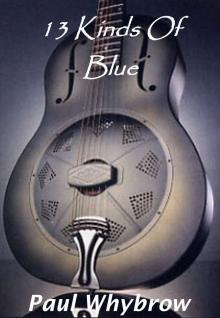 13 Kinds Of Blue
13 Kinds Of Blue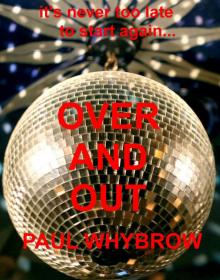 Over and Out
Over and Out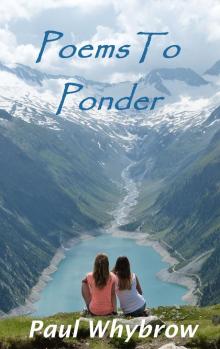 Poems To Ponder
Poems To Ponder Hold Onto Yourself
Hold Onto Yourself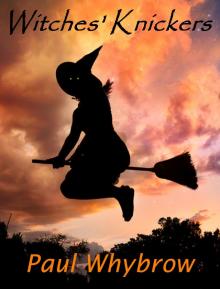 Witches Knickers
Witches Knickers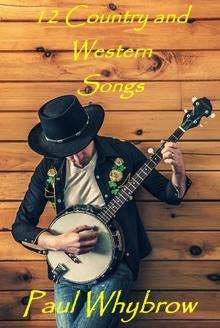 12 Country & Western
12 Country & Western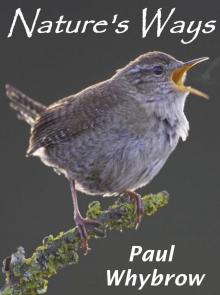 Nature's Ways
Nature's Ways